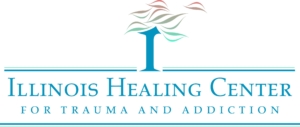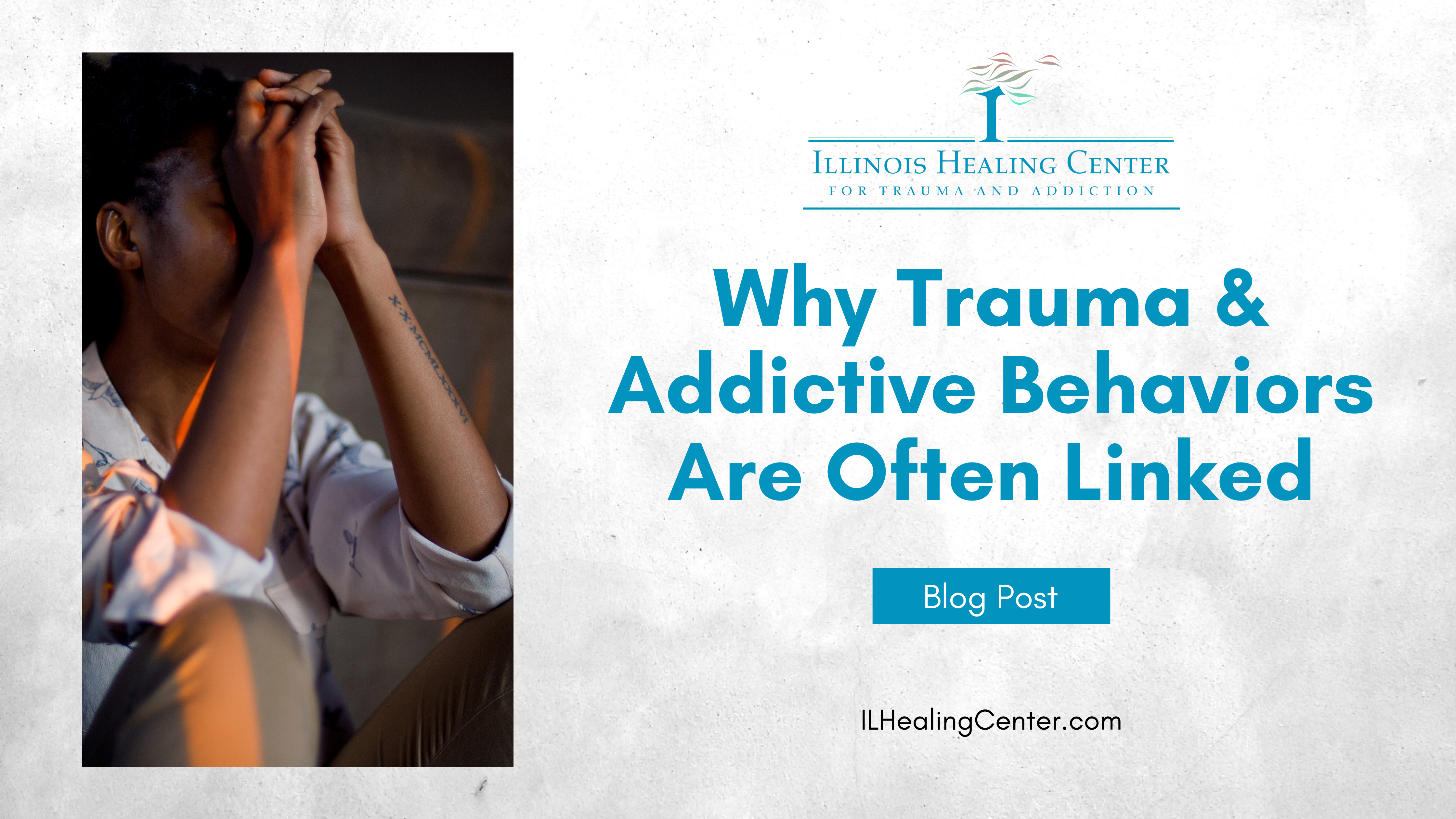Addiction:
Addictive behavior and addiction have a variety of origins. They can stem from family history, mental health diagnoses, peer pressure, use of highly addictive substances, and others. An environmental fact that is often linked to addictive behaviors is trauma. An underlying traumatic incident in someone’s life may lead to behaviors associated with addiction. Trauma can occur in the form of physical, verbal, or sexual abuse, witnessing violence, family of origin distress, emotional neglect, academic failures and/or disabilities, and more.
Trauma and Addiction:
Research has shown a correlation between trauma, especially trauma that occurs in childhood, and addictive behaviors. When someone experiences a traumatic event(s) the brain does not fully process the event or store it effectively causing the feelings associated with that trauma to manifest in maladaptive ways. Oftentimes, that person will try to keep those feelings and emotions in check by self-medicating through alcohol, drugs, sex or other acting-out behaviors. These substances can dull the painful feelings and allows the person to feel better in the short term. Unfortunately, as tolerance builds and the negative consequences of using drugs and alcohol or other addictive behaviors increase people will take greater risks and/or progress their negative behaviors. At that point, it’s when the pain of using the drug of choice becomes worse than the pain of the trauma that people will begin to seek help.
Prevention and Getting Help:
There are effective ways to prevent addiction when the risk factors are identified. Though there is no guarantee that preventative measures will work, being cognizant of potential problems is important. Dealing with emotions associated with a trauma that occurs at any age is a critical step. Implementing useful tools and strategies to cope with trauma is a great first step. As the saying goes, “An ounce of prevention is worth a pound of intervention.” Seeking professional help as soon as trauma is identified will go a very long way. When unable to manage these feelings, qualified professional help should be utilized. Trained mental health professionals utilize proven therapeutic interventions to cope with extremely difficult circumstances. The team at Illinois Healing Center for Trauma and Addiction has the experience and expertise needed to help in recovery and long-lasting good mental health.



